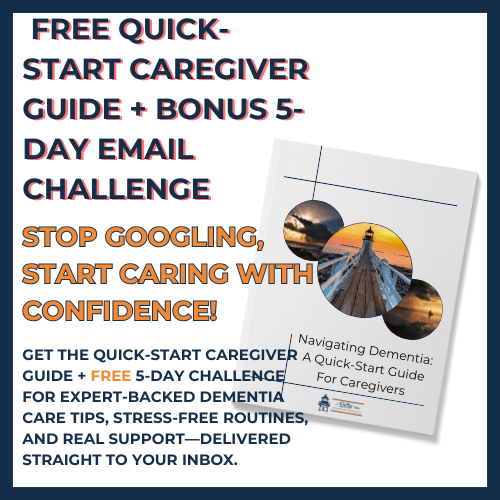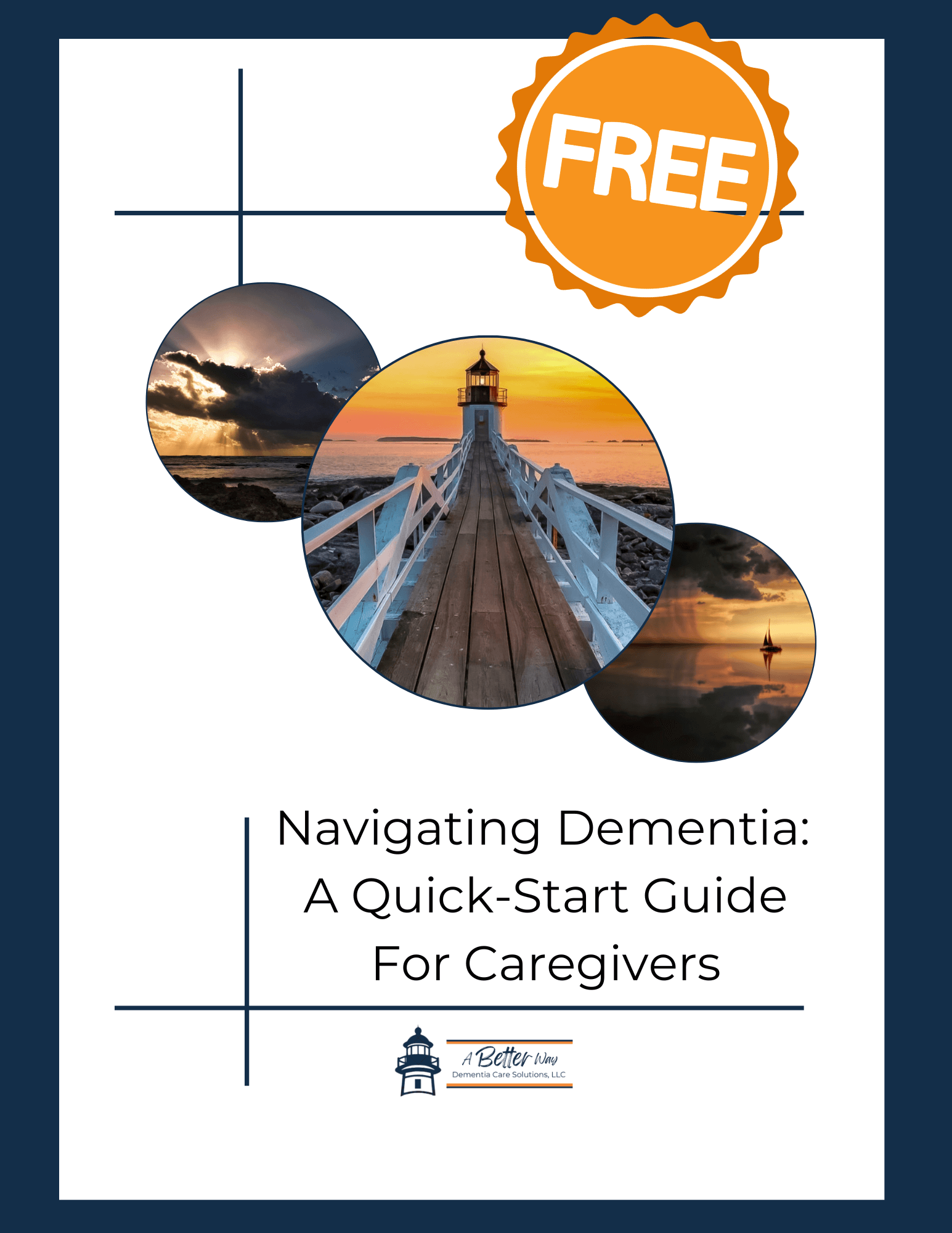
Caring for someone with dementia comes with many challenges, but legal uncertainties shouldn’t be one of them. Without essential legal documents, caregivers may struggle to make crucial decisions when it matters most. Taking the time to prepare these documents in advance ensures the person you care for maintains dignity, control, and security throughout their dementia journey.
Why Legal Planning is Critical
Dementia is a progressive disease that affects decision-making abilities over time. Early legal planning allows individuals to express their wishes while they are still able to do so. The Alzheimer’s Association emphasizes the importance of discussing legal matters as soon as possible after a diagnosis to ensure the person’s preferences are honored (Alzheimer’s Association, n.d.). Without proper documentation, caregivers may face legal roadblocks when making healthcare, financial, or end-of-life decisions.
Essential Legal Documents for Dementia Care
1. Power of Attorney (POA)
A Power of Attorney is a legal document that allows a designated person (the agent) to make financial or medical decisions on behalf of someone who can no longer do so. There are two main types:
- Medical Power of Attorney: Grants authority to make healthcare decisions.
- Financial Power of Attorney: Grants authority to manage financial matters.
Without a POA, family members may need to go through lengthy and expensive court proceedings to obtain guardianship. The National Institute on Aging (n.d.) advises caregivers to establish a POA as early as possible to avoid complications.
2. Advance Directives
Advance directives outline a person’s wishes regarding medical treatment if they become unable to communicate. These include:
- Living Will: Specifies medical treatments the person wants or does not want, such as life support or resuscitation.
- Do Not Resuscitate (DNR) Order: Indicates that the person does not want CPR if their heart stops.
Medicare.gov (n.d.) highlights that having advance directives in place ensures that healthcare providers follow the individual’s wishes, reducing stress for family members during critical moments.
3. HIPAA Authorization
A HIPAA Authorization allows caregivers to access the individual’s medical records and discuss their care with healthcare providers. Without it, doctors may be unable to share important medical information due to privacy laws (American Bar Association, n.d.).
4. Guardianship and Conservatorship
In cases where a POA is not established and the person with dementia is no longer able to make decisions, caregivers may need to petition for guardianship (personal and medical decisions) or conservatorship (financial decisions). This process can be lengthy and costly, reinforcing the need for early legal planning (AgingCare, n.d.).
5. Will and Estate Planning
A Last Will and Testament ensures that assets are distributed according to the individual’s wishes. Additionally, establishing a trust can help manage assets while minimizing the burden on caregivers. The National Academy of Elder Law Attorneys (n.d.) recommends consulting an elder law attorney to navigate estate planning effectively.
Action Steps for Caregivers
- Start the Conversation Early: Discuss legal planning as soon as possible after a dementia diagnosis.
- Consult an Elder Law Attorney: Seek professional guidance to ensure all documents are properly drafted.
- Organize Important Documents: Keep originals and copies in a secure but accessible location.
- Regularly Review and Update Documents: Legal documents should be updated if circumstances or laws change.
- Communicate with Family Members: Ensure everyone understands the person’s wishes to prevent conflicts in decision-making.
Recommended Resources & Tools
- Legal Forms & Templates: NAELA.org – National Academy of Elder Law Attorneys
- Estate Planning Assistance: Elder Law Attorney Locator
- POA & Advance Directive Forms: Check with your state’s Department of Health or an elder law attorney
Take the Next Step
Being proactive in legal planning can save caregivers significant stress and uncertainty down the road. If you’re unsure where to start, consider consulting a legal professional specializing in elder law. By securing these documents now, you’ll be better equipped to provide compassionate and effective care while respecting the wishes of the person you care for.
For a step-by-step legal checklist Click here
Join Our Private Caregiver Community
If you're looking for a safe space to share your caregiving experiences, ask questions, or simply connect with others who understand the challenges you face, join our private Facebook support group for caregivers. It's a supportive, empathetic community where you can find encouragement and answers when you need them most. Click here to join.
Subscribe to Our Newsletter & Download Your Free E-Book
For more valuable tips, resources, and updates on dementia care, click here to subscribe to our newsletter today!
Download Our FREE E-Book. CLICK HERE

Disclaimer
The information contained in this blog post is for general educational and informational purposes only and should not be construed as legal advice, financial advice, health advice, or medical advice. The information provided is not a substitute for advice from a qualified professional who is aware of the facts and circumstances of your individual situation. We expressly recommend that you seek advice from a professional familiar with your specific situation.
Want to keep figuring this out together?
Subscribe to Finding Our Way in Dementia Care and get honest stories, helpful tips, and gentle support delivered to your inbox every week. Just real talk, grounded care, and space to breathe.
Subscribe to Finding Our Way in Dementia Care and get honest stories, helpful tips, and gentle support delivered to your inbox every week. Just real talk, grounded care, and space to breathe.
Kind truth. Clear steps. Warm guide.

















0 Comments